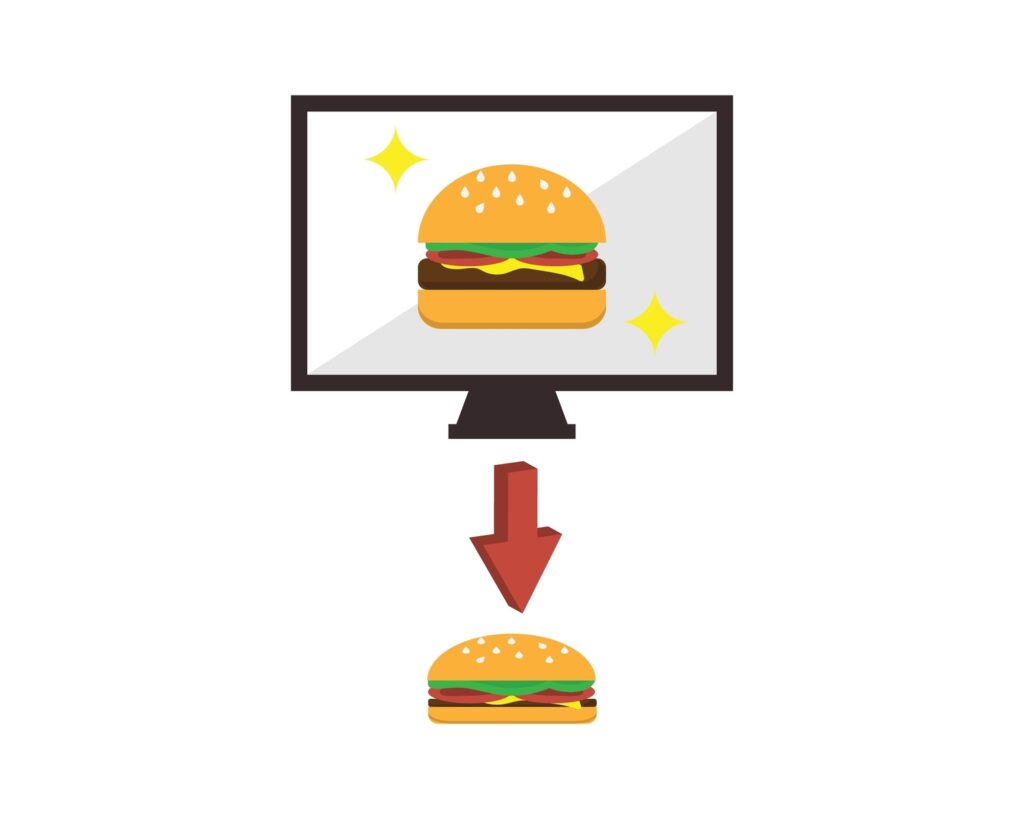By Aron Solomon
While all advertising portrays a certain angle of the truth, ads can’t tell real whoppers, as Burger King recently found out. A new lawsuit claims that Burger King did what pretty much every food advertiser does, which is make their food look better than it is. Burger King, though, literally inflated their Whoppers, making its food look bigger in ads than it is in real life.
There is a line between the hyperbole we have to endure in advertising and straight-up lies, which is why the Federal Trade Commission has rules governing what brands can and can’t say about themselves.
Whether you’re seeing ads online, on TV, over satellite or direct radio, the medium that connects advertisers to customers is less important than the content itself. Advertising has to tell the truth, or at least a reasonable version of it. The claims an ad makes need to be substantiated, and the foundation of the ad can’t be fundamentally deceptive or misleading.
Charlie Cartwright, a South Florida lawyer, suggests that we approach advertising claims with open, critical eyes:
“We should be very skeptical of any and all advertising claims aimed at us in the media. At least nine out of ten times, when advertising claims sound too good to be true, they are. If you suspect that the claims in an ad you see or hear can ultimately harm you or others, you should report it to the FTC.”
A famous Internet startup CEO agrees:
So why are we reverting back to what seems to be old time ads – more snake oil than anything else? Why do so many ads we have to endure today seem so fundamentally violative of the FTC’s rules?
It’s because of how many specific industries advertising touches today. The FTC lists 13 different areas where their reach extends. It’s an exhaustive list and covers everything from credit issues, environmental claims, offers of free things, and business opportunities, among many others.
Essentially, the FTC is always trying to balance the new realities of where advertisers can find consumer vulnerabilities with the practicality of enforcement. Fortunately, the FTC cooperates with a range of law enforcement agencies and the courts. What this means in practice is that if you have been deceived by advertisers, they can face legal enforcement actions or end up in court dealing with sizable fines.
There is an easy way for advertisers to fix this and, in 2022, it would seem to be a great way to stand out from the crowd: simply be honest with consumers. We have all become desensitized to hyperbole and truly absurd claims by now. We all know what a fast-food hamburger looks like in person. We know that the large bag of chips you sell is half air and half chips.
Perhaps the new “over the top” can instead be a straightforward delivery through a well-crafted ad of what a product or service actually does best. The ad describes the value that you derive from using what they’re selling and never even comes close to making you feel that it’s too good to be true and that you’re being deceived.
The more of this we have, the greater the FTC’s focus can be on dealing with advertisers who understand only deception, don’t honor consumers, and can only survive on an unfair playing field.



